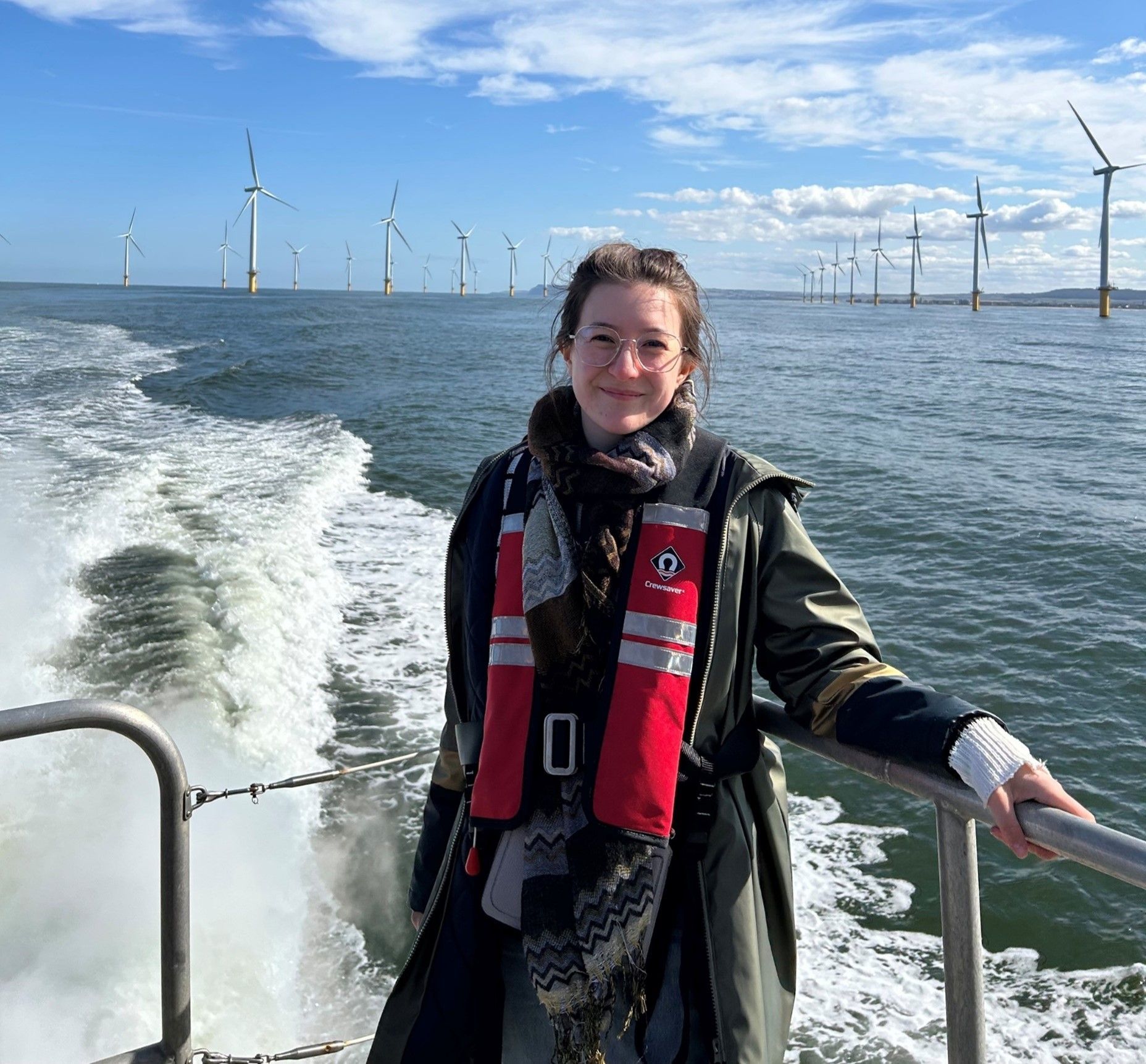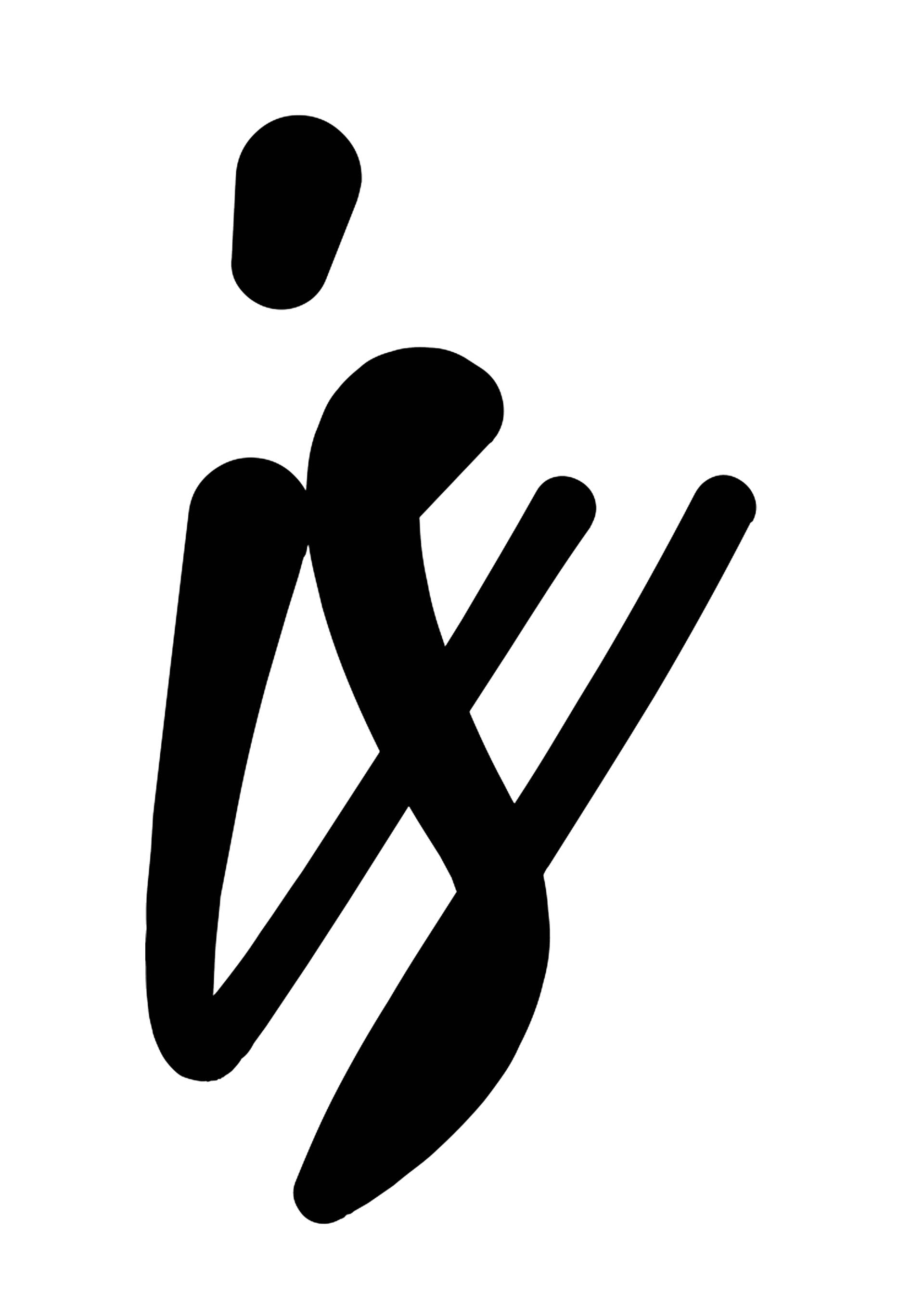23/06/25 |
In Conversation With...
Lowri Ch’ng: Navigating Women’s Roles in Sustainable Engineering|
In celebration of Women in Engineering Day, we’re thrilled to spotlight Lowri Ch'ng, a Risk Engineer working at the forefront of renewable energy. Lowri’s journey into engineering is as inspiring as it is unconventional starting with a BEng in Aerospace Engineering, her fascination with aerodynamics and wind tunnel experiments led her to discover a career that aligns with her personal values. From designing UAVs to assessing financial risks for offshore wind and battery storage projects, Lowri’s story is one of resilience, adaptability, and a deep commitment to sustainability.
In our conversation, Lowri shares her insights on navigating a fast-evolving industry, overcoming challenges as a woman in engineering, and the importance of mentorship and collaboration in shaping a more sustainable future. Her reflections remind us that even small contributions can make a big difference, and her passion for empowering the next generation of engineers is truly inspiring.

Lowri, welcome to Creatives in Conversation—a new part of my blog where I sit down with professionals, creatives and artists to talk about what they do, how they got there, and what keeps them inspired.
I am so happy to have you as my
first guest and for Write With Ivy readers to learn about what you do and your fascinating field of expertise.
Love, Ivy x
(1) You've worked across several renewable energy projects from offshore wind to battery storage. What first sparked your interest in sustainable engineering, and how has this evolved over the years?
My interest in a career in renewable energy and sustainability began during my BEng in Aerospace Engineering – which, I know, doesn’t sound like the most sustainable field! The course itself was fascinating, from designing UAVs to learning about supersonic aerodynamics. I became particularly interested in aerodynamics and spent a lot of time in the wind tunnel, albeit at much lower speeds of up to 50 m/s.
I was fortunate to have a supervisor who was working on improving the aerodynamics of wind turbine blade profiles – and that was my first real step into the world of renewables. I soon realised I’d found a career path that aligned with my personal values, which led me to pursue an MSc in Renewable Energy.
During my Master’s, I developed a deeper understanding of the challenges involved in electrifying our energy systems – particularly the need to diversify our energy mix in order to address issues like grid stability.
After graduating in 2021, I joined Ramboll as a foundation design engineer for offshore wind turbines. It was a steep learning curve, as civil engineering was quite different from my aerospace background, and I spent a lot of time getting up to speed. But it gave me a new perspective on the offshore wind industry – from design and fabrication to certification.
I now work as a risk engineer at insurance broker McGill and Partners, where I’m involved across a wide range of renewable energy technologies, with a focus on offshore wind. It’s been an eye-opening experience – understanding the importance and complexity of insuring these large-scale, logistically challenging projects and novel technologies. It’s added yet another layer to my appreciation of the sector and the sheer number of people involved in making each project possible.
I feel incredibly lucky to be part of such a fast-moving and impactful industry – from the evolving challenges of ever-larger wind turbines to breakthroughs in battery storage chemistries. There’s still a lot of work to be done to make these technologies more sustainable, such as planning for decommissioning and improving recyclability. But I truly believe we’re walking in the right direction.
(2) As a Risk Engineer, you're often dealing with complex systems and high-stakes decisions. How do you stay confident and decisive in environments where precision and foresight are key?
I won’t lie—confidence isn’t my strongest suit, but it’s something I’m actively working on. In an environment where precision and foresight are key, I focus on building a strong foundation of knowledge through continuous learning. As I’m still relatively new to my current role, I make a point of asking questions, speaking to colleagues, attending industry events, and conducting independent research. All of this helps me approach challenges with more confidence in my responses.
I’ve also found that dedicating 10 to 15 minutes of preparation before each meeting significantly improves my ability to engage in discussions and follow the technical detail. Over time, I’ve realised that confidence in risk engineering isn’t about knowing everything—it’s about applying a structured, analytical mindset to uncertainty and consistently developing expertise as projects evolve.
(3) Looking back at your academic and early industry experiences, from wind tunnel experiments to software modelling - what skills or lessons proved most valuable once you stepped into the field professionally?
Once I stepped into my profession, I quickly realised that curiosity and a commitment to learning were vital for career growth. The renewable energy sector is evolving rapidly, with new technologies constantly emerging. There’s always something new to learn, which keeps me engaged and motivated. Actively learning from others—whether through conversations at conferences or networking events—has helped me gain a deeper understanding of the sector’s current challenges.
Reflection has also become an important part of my development, although it’s something I only started practising recently. It’s easy to focus on what I don’t know—especially when starting a new role where there’s a vast amount of information to absorb—and that can feel overwhelming. However, setting aside time every few months to reflect on what I’ve learned, the progress I’ve made, and the challenges I’ve faced has really helped to build my confidence. It allows me to recognise my achievements while also identifying areas for improvement.
(4) Women remain underrepresented in engineering roles, especially in technical and risk-based positions. What challenges have you faced along the way, and what advice would you give to young women entering the profession today?
During my degree, the ratio of women was quite low—less than 10%—and throughout my career, there have been many occasions where I’ve been the only woman in the room or meeting. That visibility can sometimes feel a little isolating.
I haven’t personally encountered negative incidents, but I know that’s not the case for everyone—particularly those working on-site, where the environment can be more challenging.
Mentorship programmes and female support networks have been incredibly valuable to me. At both companies I’ve worked for, these spaces created opportunities to openly share our experiences—whether successes or struggles—and to support each other with our different perspectives.
For young women entering the profession, I would highly recommend seeking out mentorship, whether through formal schemes, industry networks, or even informal guidance from lecturers or peers. Gaining access to a range of perspectives and shared experiences can be truly invaluable as you take your next steps in the field.
(5) This year's theme for Women in Engineering Day is about “Making a Difference”. What kind of impact do you hope your work will have on the industry, our planet, or the next generation of women engineers?
In my role, I focus on assessing the financial risks associated with renewable energy projects and effectively communicating these risks to insurers. By considering worst-case scenarios—though it may seem pessimistic—I help ensure that each project is adequately covered against potential setbacks, without being overly conservative in my approach.
I see myself as a small yet essential part of a much larger effort. Meaningful change, to me, requires collaboration across sectors and individuals, where every contribution—no matter how small—can help shape a more sustainable future.
I’m especially grateful for opportunities like this to share my journey, and I want to thank you, Ivy, for asking such reflective questions. Looking ahead, I would love to reconnect with my former universities to explore mentorship and knowledge-sharing opportunities.
#WomenInEngineering #MakeADifference #InConversationWith
Lowri’s journey is a testament to the power of curiosity, continuous learning, and staying true to one’s values. From the wind tunnel to risk engineering, her path has been anything but linear. And it’s precisely that blend of technical rigour and personal passion that makes her journey so compelling.
Her reflections underscore how important mentorship and support networks are for women entering the field of engineering, creating space not only for knowledge-sharing but for solidarity and confidence-building in a very male-dominated industry.
As Lowri continues to contribute to the future of renewable energy, her commitment to sustainability and her drive to support the next generation of engineers is a reminder that making a difference doesn’t always mean being the loudest in the room, rather, listening, learning, and lifting others as you climb.
Thank you, Lowri, for sharing your story with Write With Ivy. I am excited to see where your journey leads next.

